November / Global
The Agenda: Culture
New art spaces in Guadalajara and Warsaw, and what’s next for the Australian Ballet.
MEDIA — DUBAI
Q&A
Isabella Craddock
Editor, ‘ Near1Far’
New Dubai-based publication Near1Far offers a Middle Eastern perspective on hospitality and travel. Its stories range from those on the Palestinian art scene to coverage of Dubai’s latest hotel openings. The magazine’s founder and editor, Isabella Craddock, tells monocle about its audience, the tourism industry and her aim to dispel regional clichés.
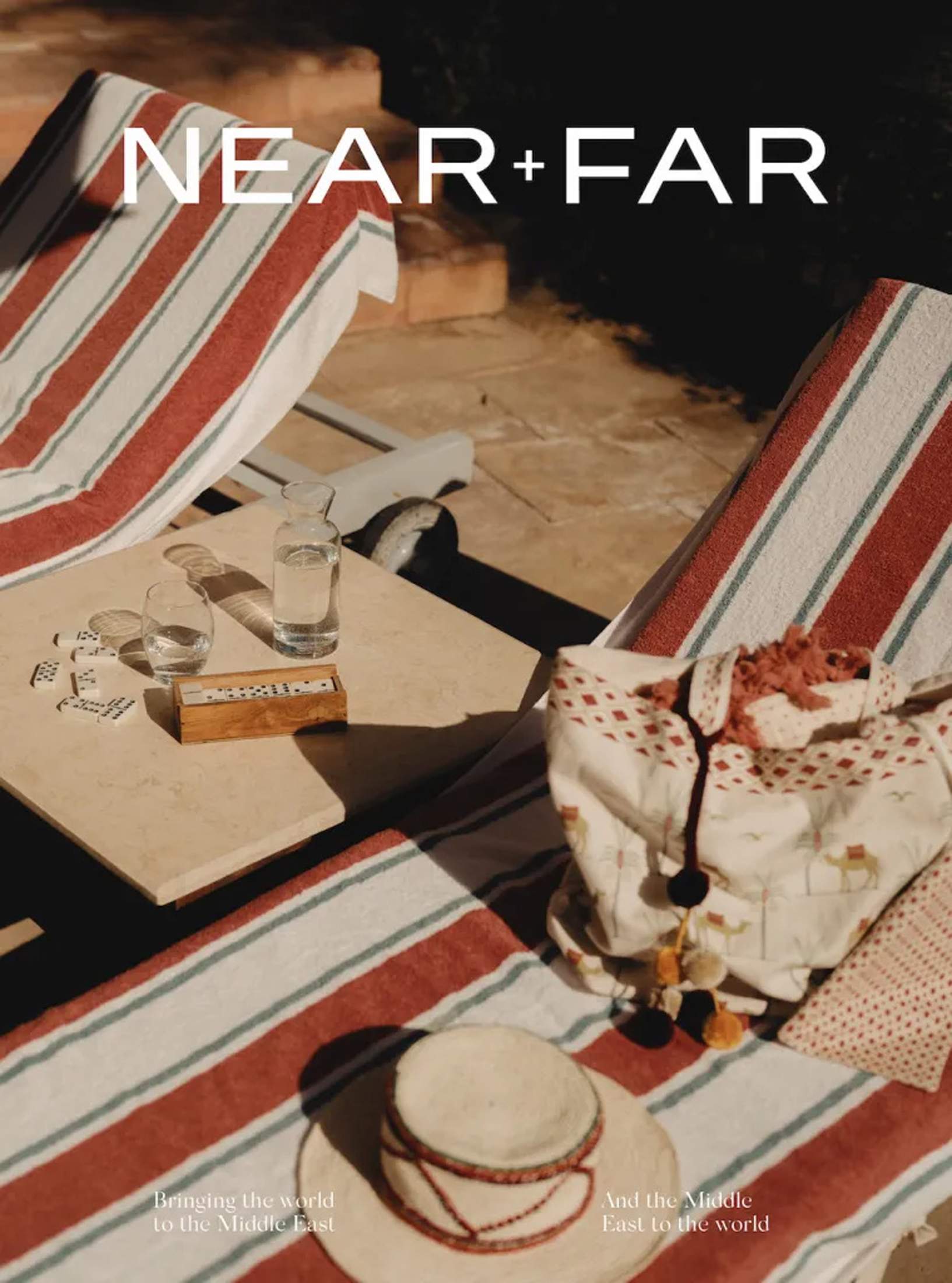
Why is Dubai a fitting place to launch this title?
There’s space here for a homegrown, independent title such as mine. I have worked in publishing for more than 10 years but it’s still exciting to launch a new magazine.
What’s the main aim of your publication?
As the title suggests, I want to go near and far. The first part of the magazine is all about the Middle East. The second is about other places but with travellers from this region in mind – though anyone can read it.
Is tourism booming across the region?
Tourism numbers are very positive. Great hotels are opening, not only in Dubai. Saudi Arabia is also an exciting place for tourism. In Near1Far, I try to dispel the clichéd image of the region as one of camels and desert dunes. There’s more to it.
To hear the full interview with Isabella Craddock, click here.
ART — POLAND
To those who wait
Muzeum Sztuki Nowoczesnej (msn) has been a long time coming. “There are newspaper articles from the 1950s arguing for a dedicated modern-art museum in Warsaw,” says Sebastian Cichocki, its chief curator. Now it has finally arrived.
The museum was originally slated to open 10 years ago. In 2005 planning began in earnest for the new building on Plac Defilad, the capital’s central square, next to the Stalinist-era Palace of Culture and Science. The project, however, was beleaguered by several false starts and delays.

After such a long wait, it seemed that the only appropriate way to celebrate the museum’s launch was with a three-week party. In October, the msn’s curators lined up more than 160 events over 16 days, including performances by US musician Kim Gordon and Lebanese contemporary artist Tarek Atoui. The festivities and a rich public programme will carry on until the full opening in February, when visitors will be able to see the full extent of the collection, which focuses on art made since 1989.
“Much of this space was handmade by craftsmen from Warsaw,” says Thomas Phifer of the 20,000 sq m building. The New York-based architect’s design is a minimalist box in white concrete. “There’s a sense of abstraction,” he says. “It’s very simple, very heavy and all about the light.”
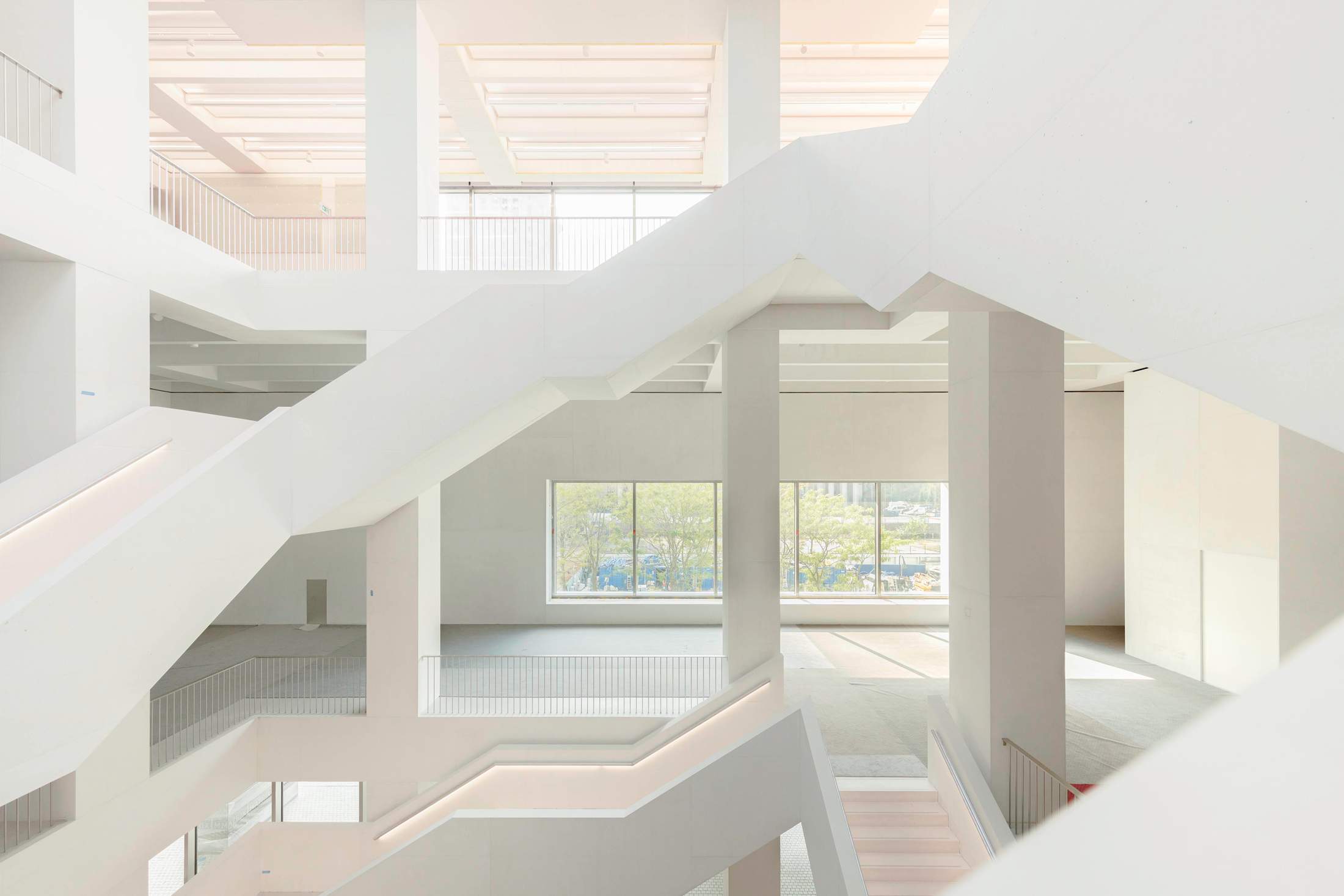
The msn’s ground floor is open to the public and serves as a shortcut across the square, where the city is building a performing-arts theatre (also designed by Phifer) and a park. A symmetrical staircase takes visitors up to the galleries, which range from compact rooms to vast, skylit spaces. Resisting the trend for flexible exhibition spaces, the msn has opted for a fixed floor plan. On every floor, windows and balconies overlook the Palace of Culture on one side and a shopping centre on the other. “Moving through the building, you have different framed views of the city,” says Phifer.
The location of the msn is fitting, as it sits between structures from Warsaw’s communist past and its subsequent commercial boom. “Poland was the best student in the class after 1989,” says Cichocki, referring to the country’s embrace of capitalism after the fall of the Iron Curtain. “But it always lacked a magnet.” It might be a few decades overdue but Polish art finally has a venue that stands on its own.
artmuseum.pl
ART — MEXICO
Centre of attention
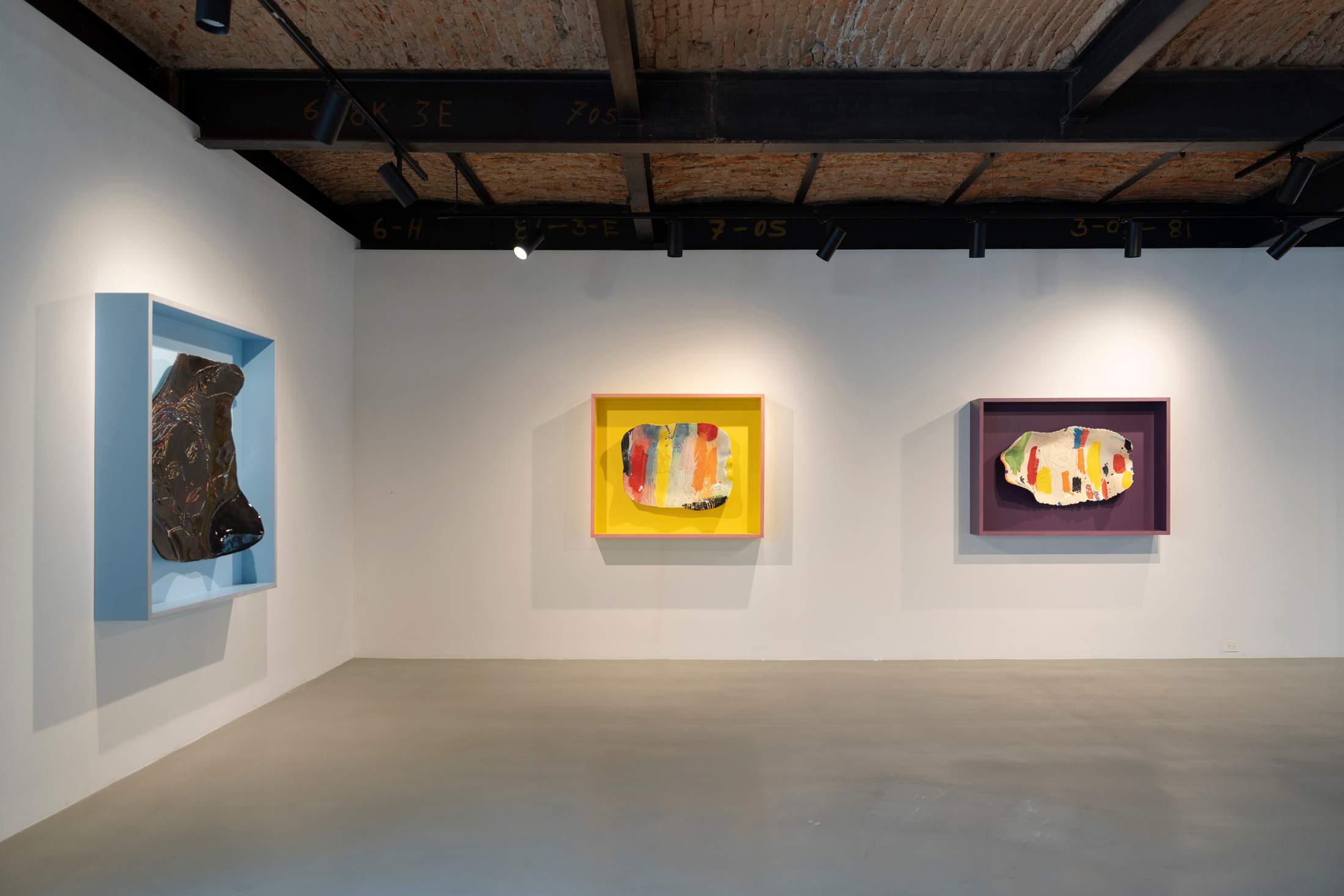
When José Noé Suro discovered a former funeral home in Guadalajara’s Americana district, he knew at once that it was where he would open the city’s latest art space, Plataforma. Not only was it central and in a creative area but the 1970s modernist site would also provide ample exhibition space. “The bones were perfect,” says Suro, who called on the expertise of architect Sergio Ortiz for the project.
Suro had long dreamt of an art hub that could provide a platform for the burgeoning regional talent that he already knew and worked with in his ceramics business. His collaborations have also included international designers and architects, such as Kelly Wearstler; he has welcomed artists in residence from across the globe too.
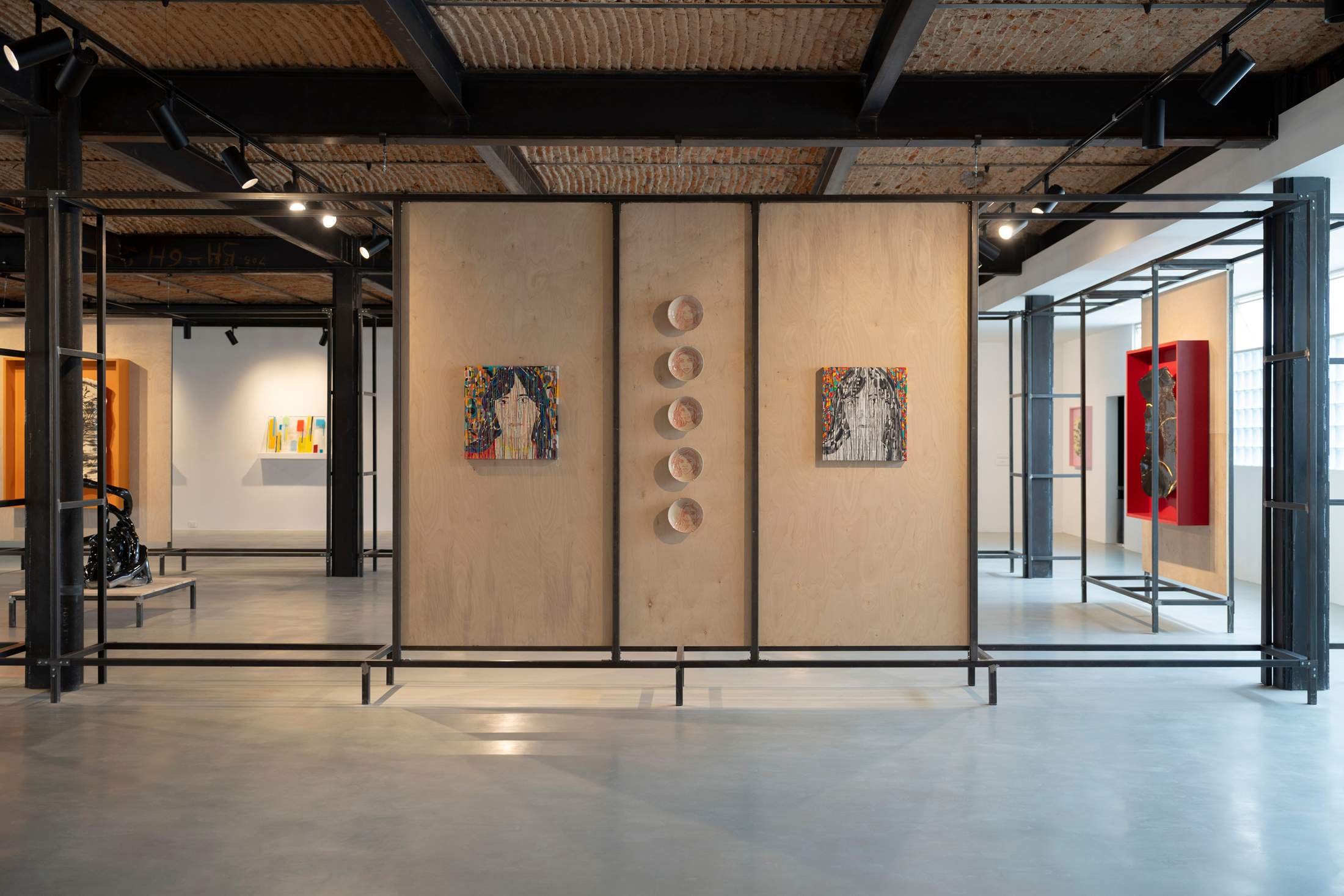
At Plataforma, Suro has brought in renowned curators – including Madrid-based Agustín Pérez Rubio, former director of Museo de Arte Contemporáneo de Castilla y León – to develop exhibitions with artists from Guadalajara and Mexico’s interior. Also on display are pieces from Suro’s private collection. Meanwhile, a bar just opened and a restaurant is in the works. “We will show visitors what is happening in the region,” he says.
BALLET — AUSTRALIA
Q&A
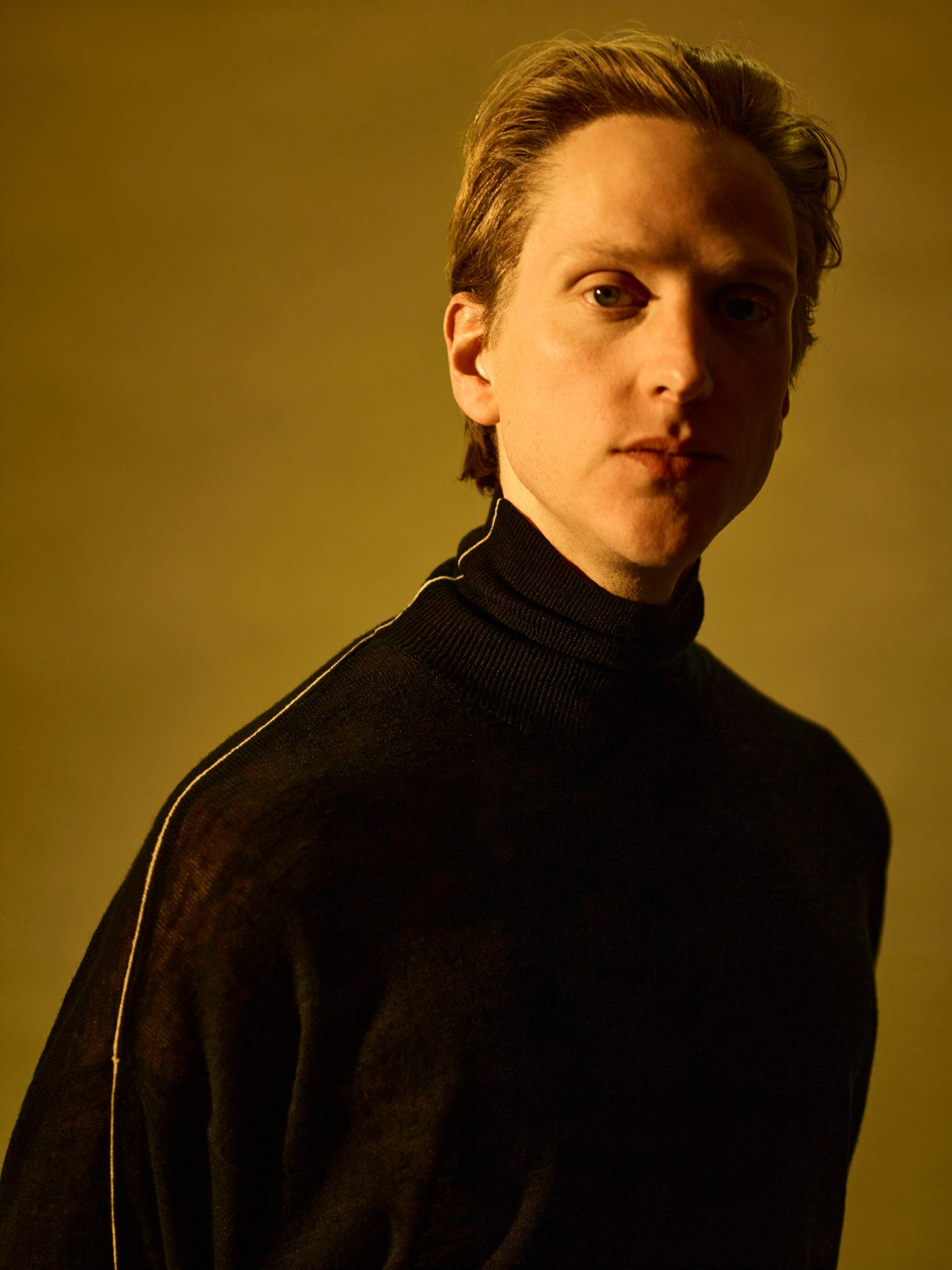
David Hallberg
Artistic director, Australian Ballet
The Australian Ballet’s new production, Oscar, reimagines the life and work of Oscar Wilde through dance. It’s an ambitious commission that celebrates love in all of its forms. Here, David Hallberg, the company’s artistic director, tells monocle about using Wilde’s life as source material, the power of storytelling and choreographer Christopher Wheeldon’s brilliance.
Why did you and Wheeldon bring this story to life?
The life and writings of Oscar Wilde have been explored before but never really in the ballet world. I want to tell bold stories that people can relate to.
Do you feel that you have broken new ground?
People have said so but that wasn’t the intention. Wilde wrote beautiful stories and also had a troubled existence. He was tried for gross indecency with young men, served two years of hard labour and died not too long after he got out of prison. We wanted to tell this honest story. I hope that this paves a new path for more courageous storytelling.
How do you create the building blocks of a character through dance?
It takes a great choreographer such as Wheeldon to evoke the wit and character of Oscar Wilde through movement. He has told Wilde’s story not through the words that he wrote but through the life that he led.
MUSIC — UK
Playing it by ear
The Marquee Moon in northeast London is a bar of two halves. At ground level, you’ll see traces of its past life as a pub: an oak parquet floor, leaded windows with streaks of green stained glass. The formidable array of DJ equipment dotted around the building signals its new function as a listening bar. The downstairs space was once a club with “a little 60-capacity dance floor”, says co-founder Eugene Wild. Now it’s a sleek, seductive world of mid-century lamps and stools, half-moon booths made from teak and sapele, and banquettes, tiles and speaker grills in shades of deep orange.
The listening-bar concept has its roots in the jazz kissa – bars or cafés playing US jazz records that emerged in Japan in the late 1920s. Many of these venues banned talking, such was the veneration towards the perfect sound. In recent years, more relaxed interpretations of the idea have spread across the world.
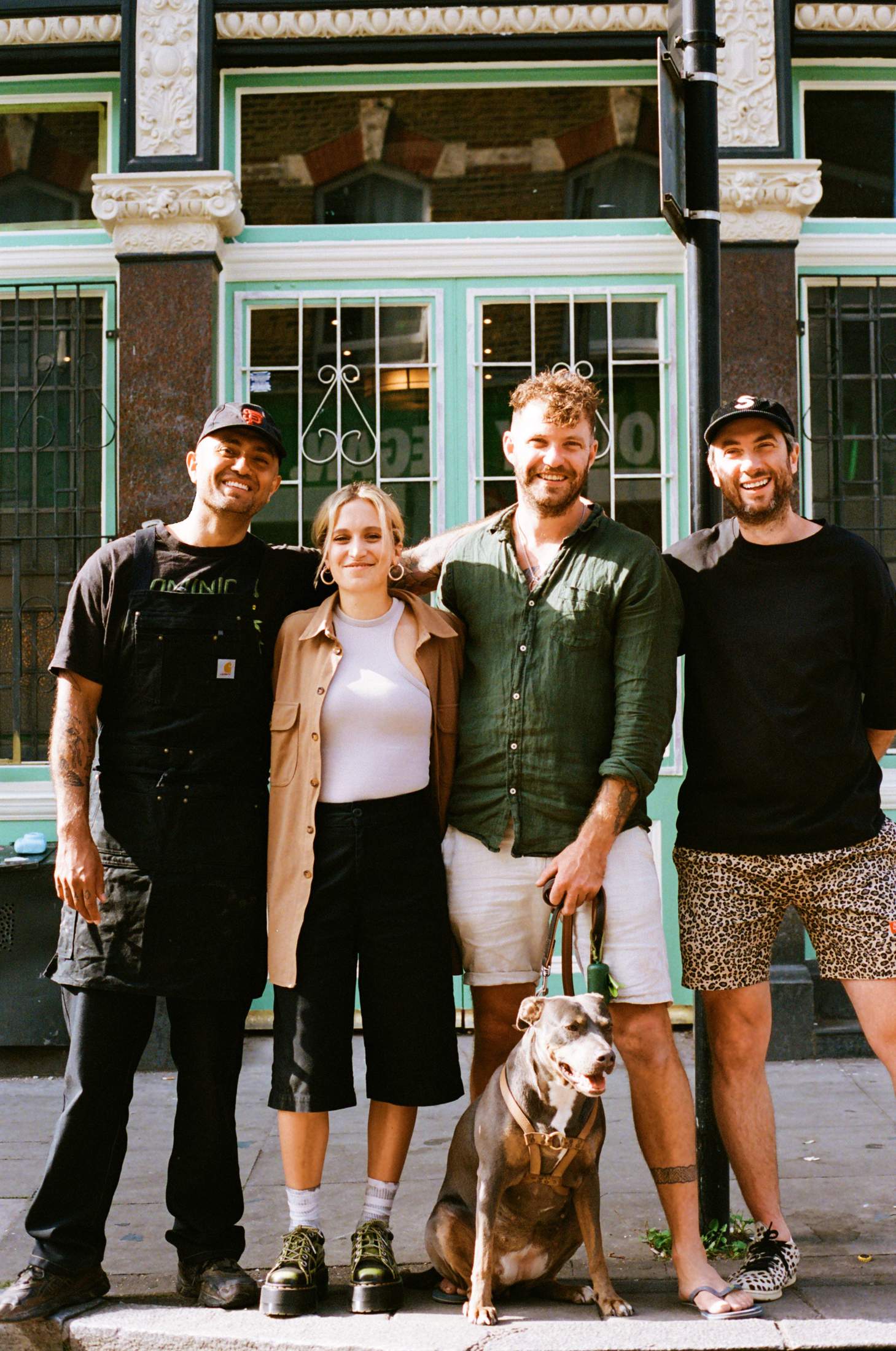
Wild and his business partner Stuart Glen have worked together since 2018 and today run five businesses in London. The Marquee Moon was partly inspired by the fact that its customers were increasingly going to late night bars. “As they’re maturing, so are we,” says Wild.
The DJs who play here are briefed to steer clear of “run-of-the-mill” electronic dance music. “We know that these DJs have amazing record collections. So, we want to encourage them to play like they would in their living room to a bunch of mates.” The downstairs area is acoustically treated and the jbl speakers are rigged for quality, not volume. Unlike a traditional Japanese kissa, conversation is encouraged. And Wild promises the occasional airing of punk band Television’s 1977 album Marquee Moon, the bar’s namesake.
themarqueemoon.uk


